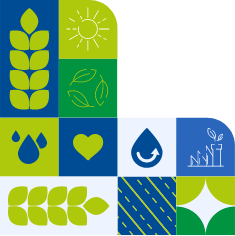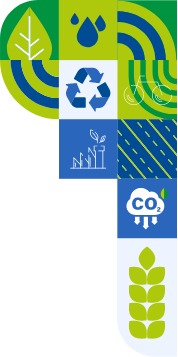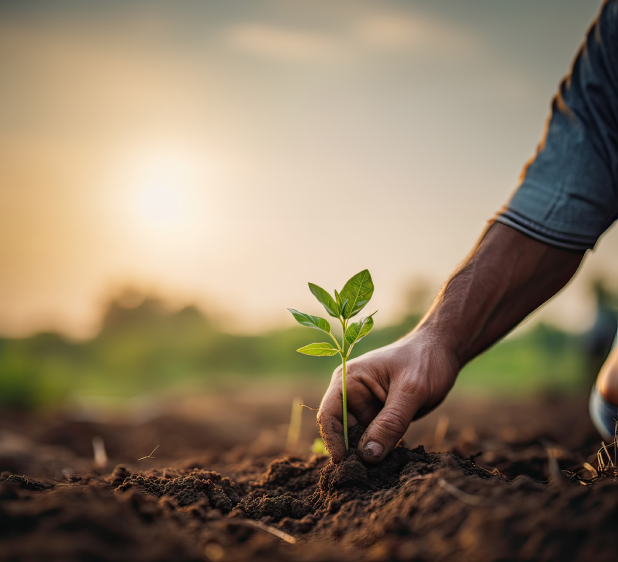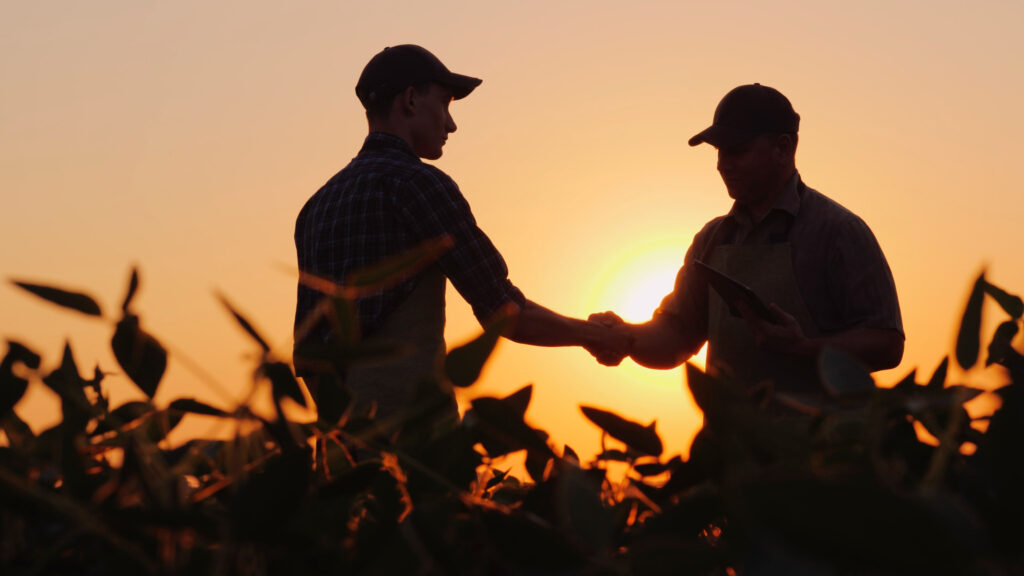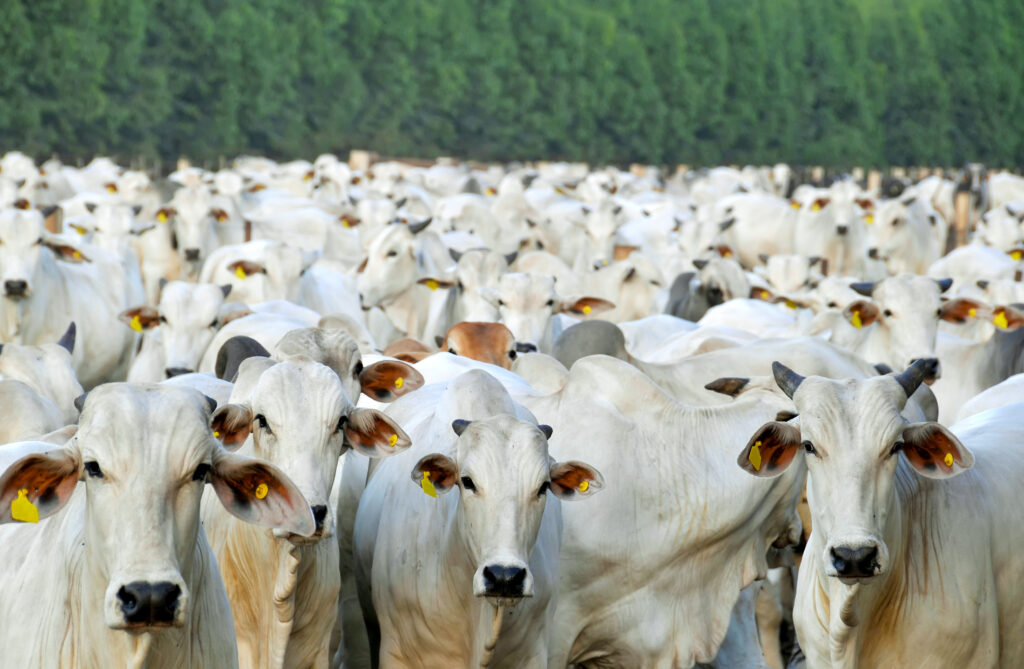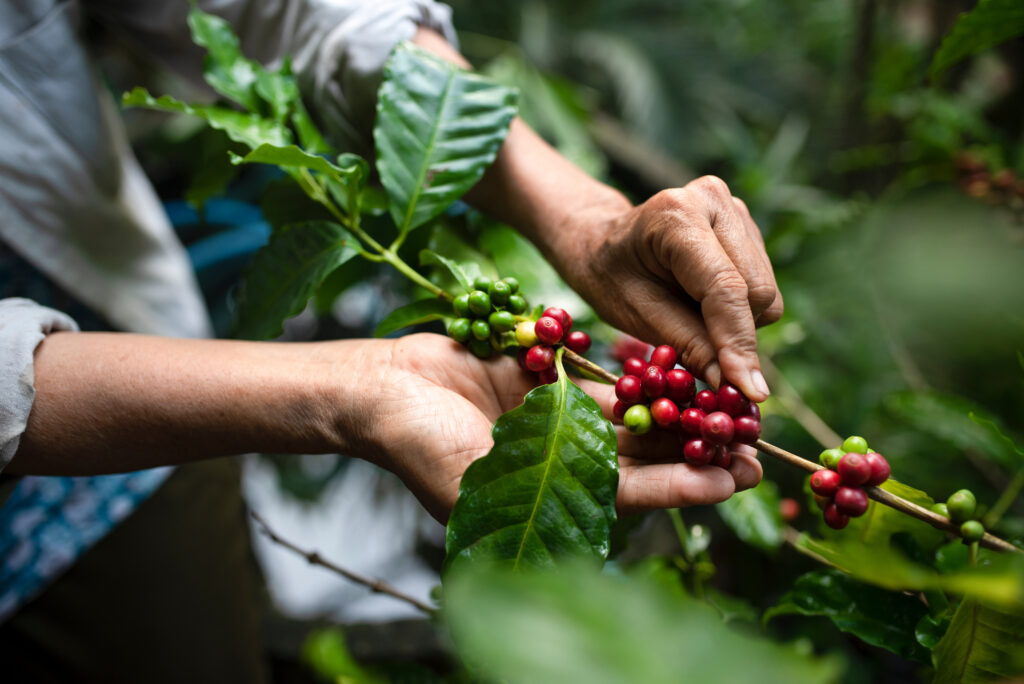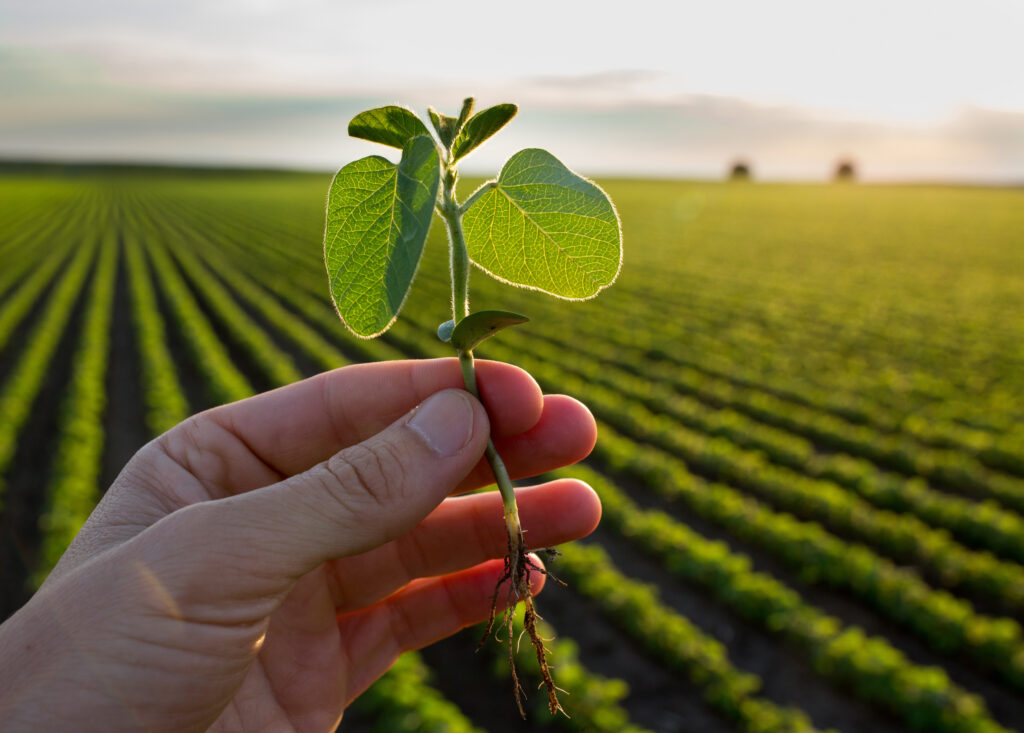With more than
40 years of history,
our mission is to promote the sustainable development of agribusiness through projects that align economic, social, and environmental interests — guided by integrity, passion, and a people-centered approach.
We believe in creating shared value among farmers, employees, suppliers, institutional partners, and society as a whole. That’s why our sustainability strategy reflects our commitment to this mission.
We invite you to learn more about the initiatives that bring this purpose to life.





